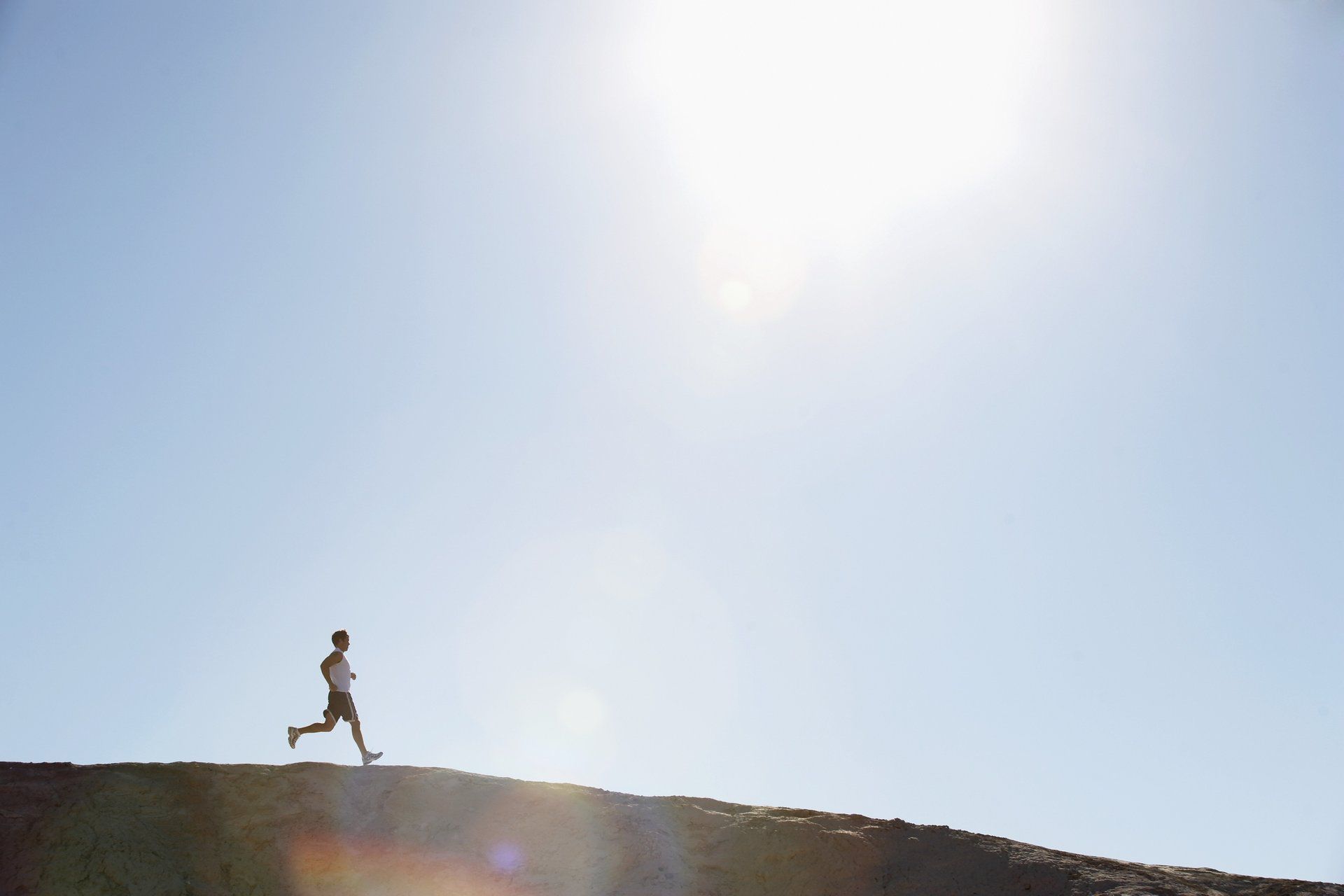The positive effects of bringing nature indoors
Nowadays, with people spending near 90% of their time indoors, a trend intensified by the pandemic, bringing nature into our homes has become more necessary than ever. Let’s find out a bit more about the many physical and mental benefits derived from growing plants indoors.

Unlike what most people might think, having plants indoors is far from being a recent trend. Archaeological excavations carried out in the ruins of Pompeii revealed that Romans used to have plants inside their homes more than 2000 years ago. Whether they were fully aware of its benefits, we don’t know. Luckily for us, recent research has shown that, for those living in western societies, bringing nature indoors is much more than a fashion or a personal preference.
Biophilia or human affinity for nature
Almost 30 years ago, the American biologist Edward Wilson coined the term biophilia to describe human’s innate affinity for nature and tendency to seek out connections with living things. In the last year, new working patterns have meant that people spend more time at home than ever before. This has offered an opportunity to rethink and reinvent our home environment, to make it more functional and more conducive to mental study and work. In this context, bringing nature indoors has become for many a necessity as Wilson highlighted.
Nature makes us happier
Nature influences us in many positive ways. We could say that being close to nature makes us happier and healthier. For example, studies have shown that having indoor plants has, amongst others, the following impact:
🌱 Boost your mood, productivity, concentration, and creativity
🌱 Reduce your stress, fatigue, sore throats, and colds
🌱 Help clean indoor air by absorbing toxins, increasing humidity & producing oxygen
🌱 Add life to a sterile space, give privacy and reduce noise levels
Grow-your-own: an efficient and sustainable strategy
As well as changing dramatically our working patterns, the COVID 19 pandemic has also highlighted the insecurity of food supply chains in urban centres, and the need for more resilient food systems. As an example, in the UK, ten supermarkets have almost 95% grocery market share.
As a consequence, localised production of food at the household level through home growing -also known as grow-your-own- has become one of people’s favourite strategy to increase food resilience.
Reduction of food waste and carbon emissions
The positive impact of the grow-your-own movement works at different levels, as it also helps reducing the carbon footprint from transportation and production. Let’s not forget that the global food system generates between 25-30% of total greenhouse gas emissions.
In addition, growing your own food reduces food waste. Something of high importance if we have in mind that UK households waste the equivalent of around 10 billion meals a year (20 million tonnes of Greenhouse Gas emissions).
Overall, people who grow their own food feel empowered and in general more satisfied with their lives thanks to their connection with food production.
Become the creator
Growing our own produce can improve confidence and self-esteem, as there are so many areas of our life that can be positively affected by this activity. These are some of the things you can do with the vegetables and herbs you grow yourself:
🌱 Cook new and old recipes and enjoy healthy happy meals
🌱 Create a tea herbs garden and drink freshly made organic teas
🌱 Design a zen interior space around your indoor garden that would be a focal feature in your home
🌱 Make smudges to burn using the herbs you grow
Make plants part of your meditation routine
Besides, activities such as gardening that involve using our hands and not our cognitive brain, are an excellent way to relax and disconnect from the worries and pressures we feel in our lives. To maximise the positive effects of having plants at home, make sure you make them part of your mindfulness or meditation routine.
Your meditation routine could be as long or short as you would like. It could also take place at any convenient time throughout the day. Although, the advantage of meditating first thing in the morning is that it will help you get set up for that day by setting your intentions.
How to set your intentions with some help from your plants
Whatever your circumstances are, it’s worth taking a few minutes every morning to set up your intentions for that day:
🌱 Choose a quiet area in your house and create a focal point with your plants.
🌱 Add any other elements that will help you feel relax and present like candles, stones, Tibetan bowls…
🌱 Sit down comfortably looking at your plants.
🌱 Start by activating your senses using the different elements you have included in your meditation altar.
🌱 Close your eyes and focus on your breathing. Stay like that for a few minutes. If necessary, you can also do a quick body scan to feel more grounded.
🌱 Think about what you would like that day to bring you. Feel as if what you want is already yours and show gratitude for it.
🌱 Open your eyes and start creating a wonderful day!
Remember to send your comments or any questions you may have, and to share the pictures of your indoor plants with us through social media.
Namaste.










